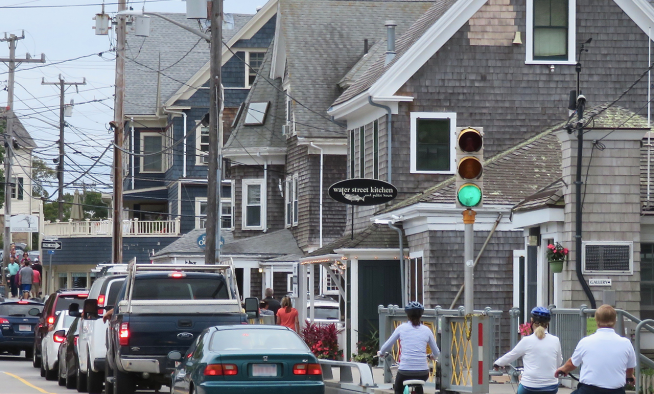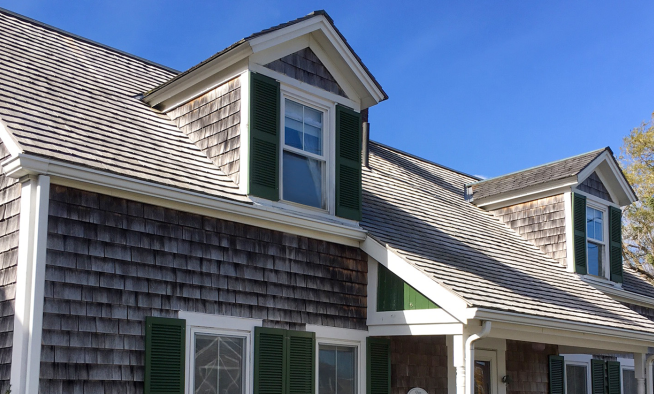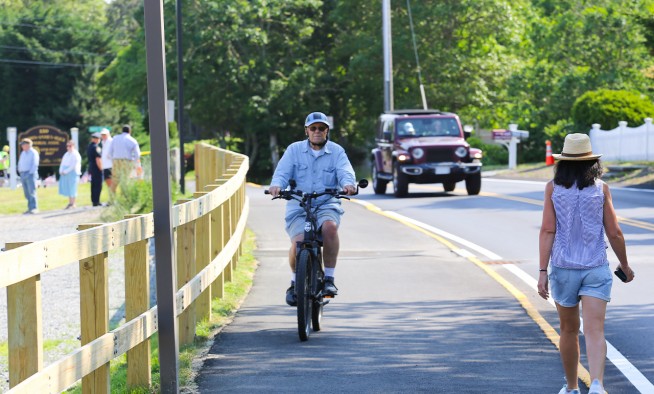Section 208 Plan submitted, WMA designation discussions up next
The Cape Cod Commission submitted its final draft of the Section 208 Areawide Water Quality Management Plan to the Massachusetts Department of Environmental Protection March 16. It is available for download, along with all appendices on the Commission’s home page or at http://cape2o.org.
MassDEP will review the plan and work with the Commission on next steps between now and June 15 when the final draft is submitted to the U.S. Environmental Protection Agency.
Key recommendations in the plan include:
- Shifting permitting from a town to watershed basis;
- Provisions for use and development of non-traditional technologies to lower cost and speed results;
- Regional-scale water quality monitoring and data storage; and
- Continued development of the financial models and decision-support tools built through the plan.
The plan is an update to the 1978 Section 208 Plan for Cape Cod. In January 30, 2013, Massachusetts Department of Environmental Protection (MassDEP) directed the Cape Cod Commission (Commission) to prepare an update to the 1978 WQM Plan for Cape Cod to address the degradation of Cape Cod’s water resources from excessive nutrients, primarily nitrogen.
“The plan represents more than 18 months of intensive work by the Commission, its consultants and dedicated stakeholders interested in the future of Cape Cod’s water quality, Cape Cod Commission Executive Director Paul Niedzwiecki said. “The framework for collaboration and decision-making detailed in the plan seeks to recast the planning and implementation of wastewater management plans.”
The non-traditional approaches to nutrient reduction contained in the plan have already received attention from other coastal communities with similar nitrogen issues, including on New York’s Long island.
The 208 Plan Update strives to provide the most recent and relevant information on the impacts of nitrogen on Cape Cod embayments and considers new and innovative planning approaches, community outreach, and technology review to address those impacts.
The information included in the document is intended for a broad range of audiences. Just as the technical strategies and approaches to remediating nitrogen are complex, so are the range of people involved in developing and implementing solutions. The document provides broad information, but makes detailed and technical information available for those who need it.
The information is presented in 8 chapters that describe the people, the place, the problem, the regulatory climate, the process, and the recommendations for action necessary to achieve water quality goals Cape-wide.
The contents and recommendations of the final plan are substantially unchanged from the initial draft, incorporating stakeholder and regulator comments as appropriate. The most substantial changes come in the reorganization and presentation of material, which is intended to make the plan easier to read, understand and ultimately, implement.
There remains work to be done. Between now and June, the Commission will work with town on the designation of Waste Management Treatment Agencies, or WMAs.
More than half of Cape selectmen and town councilors attended the Feb. 25 OneCape Summit to hear about these next steps directly from the Commission, MassDEP, U.S. EPA and the plaintiff in the water quality lawsuit, the Conservation Law Foundation.
The commission has organized three sets of regional meetings to work with towns on the designations.
Under the federal Clean Water Act, WMAs are responsible entities with the capacity to implement all aspects of the Section 208 Plan.
WMA designations will be part of the Section 208 plan submitted by MassDEP to U.S. EPA in June. U.S. EPA will then decide if the WMA designations are acceptable. If the WMAs nominated can perform the functions listed by Section 208 (c) of the Clean Water Act, they must be accepted.
WMA designations are among the conditions in the settlement agreement between the Conservation Law Foundation and U.S. EPA.
Related Posts




